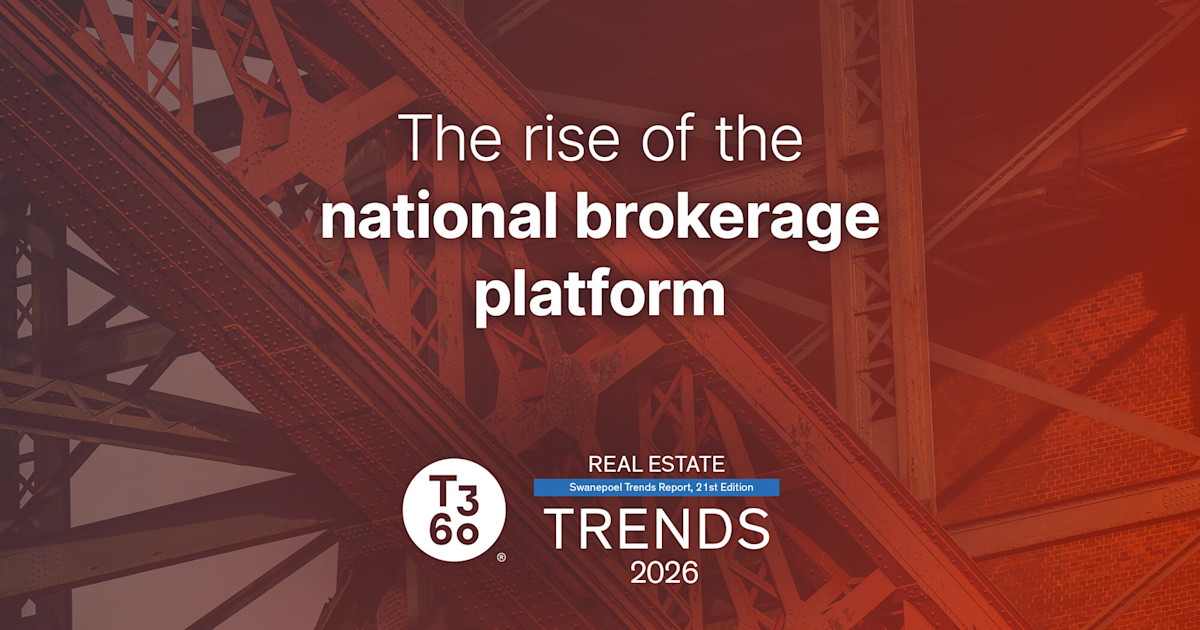T
he real estate and commercial markets are undergoing a significant transformation as regulators, lawmakers, and courts increasingly scrutinize algorithmic pricing tools for their anticompetitive implications. This shift demands that investors in real estate investment trusts (REITs) and proptech firms reassess their risk profiles. The 2025 enforcement wave has exposed the vulnerabilities of business models reliant on opaque, data-driven pricing mechanisms.
The U.S. Department of Justice (DOJ) and Federal Trade Commission (FTC) have made it clear that algorithmic pricing tools facilitating price coordination among competitors are no longer shielded by technological complexity. The DOJ's amended lawsuit against RealPage highlights the principle that firms cannot outsource anticompetitive behavior to algorithms and evade liability. Similarly, the FTC's 2024 guidance emphasized that "algorithmic collusion" is actionable under antitrust laws.
Cities like Philadelphia and Seattle have banned tools aggregating nonpublic pricing data, while state-level legislative efforts signal a bipartisan consensus on algorithmic pricing risks. Financial and reputational fallout for proptech firms is evident, with RealPage facing over 30 class-action lawsuits and a $4.9 million settlement. REITs face rising compliance costs and market share erosion as landlords scramble to replace or modify algorithmic tools.
Investors must weigh three critical risks: legal exposure, reputational damage, and market volatility. Proptech firms using nonpublic data for pricing face heightened litigation risks, while public scrutiny of algorithmic pricing has intensified. Legislative uncertainty creates a volatile environment, with Philadelphia's treble damages clause and Berkeley's First Amendment challenges illustrating the ambiguity investors must navigate.
While the regulatory landscape is daunting, it also presents opportunities for forward-looking investors. Firms developing transparent, data-agnostic pricing tools could gain traction, and the DOJ's enforcement focus on monopolistic practices may spur consolidation in the sector. The FTC's upcoming study on algorithmic pricing could further shape the regulatory framework.
Investors should diversify exposure to avoid overconcentration in algorithmic pricing platforms, monitor key legal outcomes, and prioritize investments in companies emphasizing transparency, user-friendly pricing disclosures, and compliance-ready infrastructure. As the DOJ and FTC continue to refine their enforcement strategies, the real estate market's ability to adapt will determine which firms thrive—and which falter.














